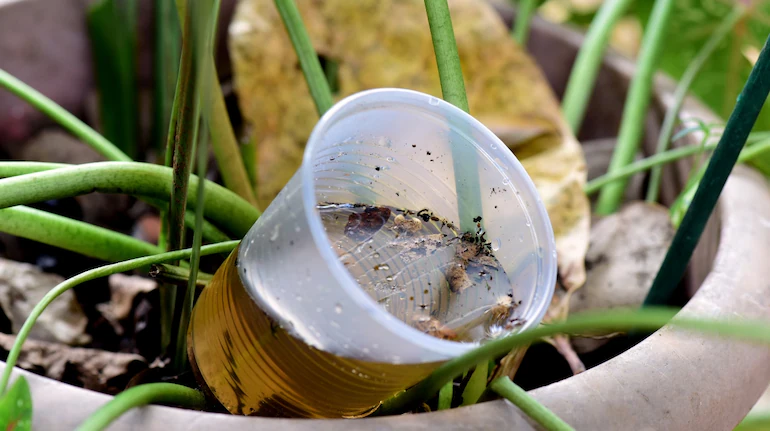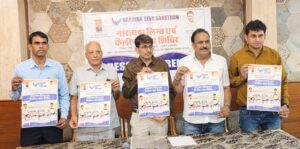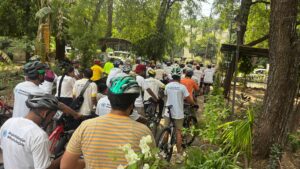
Bhopal is currently dealing with a significant mosquito problem, affecting every part of the city. Stagnant water collected in various areas has become a breeding ground for mosquitoes, raising concerns about the potential spread of dengue and other vector-borne diseases. Health experts have identified this situation as a primary factor behind the recent increase in dengue cases. The situation in Kolar has intensified over the past 10 days, heightening alarms throughout the city.
Dengue cases typically follow a cyclical pattern, and experts are cautioning about a heightened risk this year. In 2019, Bhopal recorded 1,893 dengue cases, and specialists warn that a similar outbreak may occur in 2024. Historically, the peak of dengue cases occurs in October, making it essential for the public to exercise increased vigilance during this time.
The current climate, characterized by hot days and cool nights, is creating an ideal environment for the breeding of dengue-carrying mosquitoes. Although dengue cases generally decline after the Diwali season, the present conditions could lead to a significant rise in cases before temperatures drop in November, which typically reduces mosquito breeding opportunities.
Several hospitals, path labs, and even schools have become breeding grounds for mosquito larvae and fines have been imposed by health authorities. The institutions penalized due to larvae detection include Rudraksha Hospital (Mandakini B Sector), Shri Vinayak Hospital (Kolar D Sector), B Care Child Hospital (Danish Kunj), Ortho Care Hospital (Danish Kunj), Aapoorti Super Bazaar (Kolar), Lal Path Lab (Kolar) and Comfort School (Sun Khedi).
In total, the Bhopal health department has imposed fines amounting to Rs 1.06 lakh, primarily targeting healthcare institutions and educational facilities. This strong response is meant to encourage better hygiene practices and ensure no further mosquito breeding takes place.
As the threat of dengue looms large, it is essential for individuals to take preventive measures to safeguard their health. Bhopal’s District Malaria Officer, Archana Mishra, emphasizes the importance of keeping surroundings clean and preventing water accumulation, which serves as breeding grounds for mosquitoes.
Here are some important tips to prevent dengue:
Cover and clean water containers on a regular basis
Keep your house clean and tidy. Avoid leaving junk inside and outside the house which can possibly house mosquitoes and their eggs like old tyres and other storage containers with water inside
Wear protective clothing like long sleeves and pants inside and outside the house most especially if you know that there is a dengue outbreak in your area
Invest in a mosquito net so you’re protected against insect bites when you sleep
Consider putting up screens on your windows and doors to prevent mosquitoes from entering your home
Purchase insecticides that’s effective against mosquitoes and is safe to use inside your home
Dispose of waste properly
Drain and clean your roof gutters to avoid water build up. Do the same with pools, fountains, and bathtubs
Apply mosquito repellent all over your bod. Consult a doctor first before using any kind of product on children
Although dengue is not spread from person to person, mosquitoes can become infected after it bites someone with dengue fever. This cycle, therefore, makes the infected mosquito capable of spreading dengue within your household.
It is essential to know the symptoms of dengue to catch the disease early and seek timely treatment. Common symptoms include:
High fever
Severe headache
Muscle and joint pain
Nausea and vomiting
Pain behind the eyes
Red rashes on the skin
Early detection can help manage the disease more effectively and prevent severe complications. As Bhopal braces for a possible dengue outbreak, adhering to these precautions and staying informed is crucial in minimizing the impact of the disease.





